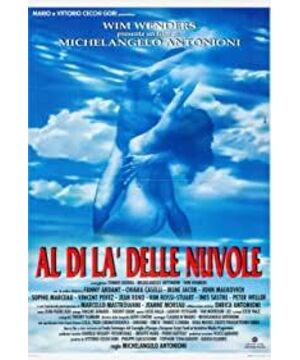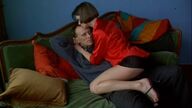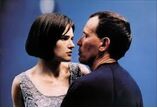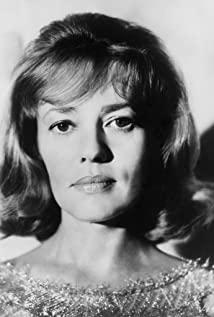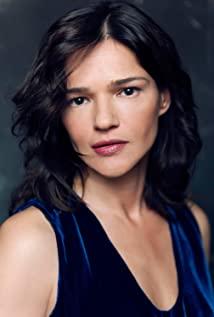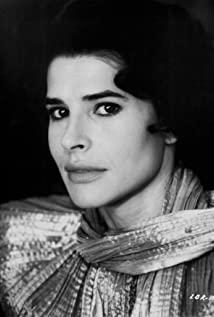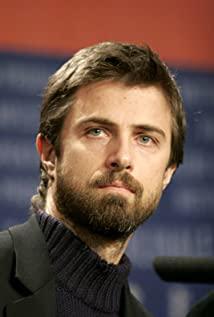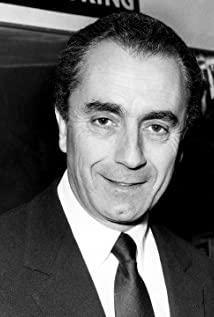A few things that make me sad are as follows:
emptiness and escape when desire is fulfilled. When you stay out of the way, you can never appreciate the pull of desire on you, even in a rational situation. The more rational, the more unfamiliar, the more sober, the more helpless. When you really have the opportunity to possess, you turn around and run away, because all you sink is the desire for "desire", in other words, what you want is your hard pursuit of a love or an encounter, not the love itself. In the first story, the man just slipped away when he could finally have the woman he had been looking for for years, not even daring to touch it. I have heard the exact same story in real life. After being narrated by Antonioni, I know that many things are not so simple, and many feelings cannot be expressed in words. When you see the man turning around on the street corner, the moment, What you can be sure of is the cowardice of desire, what you still can't be sure of is whether a man really loves that woman.
Use desire to hit the scars of life. In the second story, the woman stabbed her father twelve times. She seems to be using sex to smooth out the pain it left her. Do people do that, yes. is that useful? The effect is equivalent to that of nicotine.
The struggle and resistance in desire. The third story is about a cheating husband who wanders between his wife and his lover. When you comment on a story, you often exaggerate the emotional color, the intensity. But the story itself is very natural, no one is really right or wrong, there is no need to sympathize with the poor woman, and there is no need to abuse the man who can't argue. In this melee, everyone is a victim, a hostage involuntarily.
Is the only way to escape from desire is to escape from the world? With the foreshadowing of the first three stories, when the woman in the fourth story said to the man in the corridor: I am going to the monastery to become a monk, I will understand the connection of the four stories told by the director. Can Religion Save People? To fill the dissatisfaction in human nature.
We are searching, fleeing, dejected, struggling, and escaping. Happy to sink, and suffering from deep sinking. The director was in his fifties when he made this film, and he drew his experiences from his days on the cloud in the film, without any subjective judgment, just telling such a cycle. Smoke, streets, conversations, rain, windowsills, wine, fog... There are many, many stories like this, and I hope none of them will make you cry.
View more about Beyond the Clouds reviews


